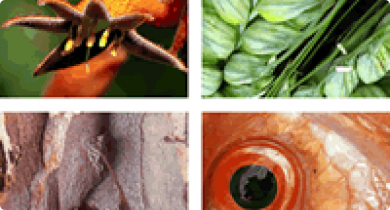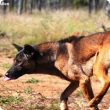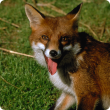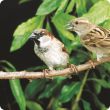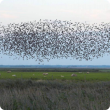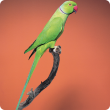Biosecurity & quarantine
The Department of Agriculture and Food, Western Australia (DAFWA) works with primary industries to safeguard our agricultural resources from biological threats and to maintain our export opportunities.
The State’s reputation is underpinned by a comprehensive biosecurity and quarantine system, developed and operated by DAFWA.
DAFWA is involved with:
- creation of surveillance and diagnostic programs
- animal and plant risk assessments
- importing and exporting requirements
- creating mechanisms to respond to incursions
- livestock movement and identification
- development and maintenance of biosecurity and quarantine legislation.
To find out more about what we do to protect agricultural production and export opportunities within the State please search our website.
Filter by search
Filter by topic
- (-) Remove Pests filter Pests
- Biosecurity (12) Apply Biosecurity filter
- Pests, weeds & diseases (12) Apply Pests, weeds & diseases filter
- (-) Remove Pest animals filter Pest animals
- (-) Remove Invasive species filter Invasive species
- Pest mammals (4) Apply Pest mammals filter
- Birds (4) Apply Birds filter
- Control methods (4) Apply Control methods filter
- Livestock & animals (3) Apply Livestock & animals filter
- Livestock management (3) Apply Livestock management filter
- Chemicals (3) Apply Chemicals filter
- Baits & poisons (3) Apply Baits & poisons filter
- Declared plants (2) Apply Declared plants filter
- Weeds (2) Apply Weeds filter
- 1080 (2) Apply 1080 filter
- Sheep (1) Apply Sheep filter
- State Barrier Fence (1) Apply State Barrier Fence filter
- Mechanical, physical and cultural (1) Apply Mechanical, physical and cultural filter
- Strychnine (1) Apply Strychnine filter
- Beef cattle (1) Apply Beef cattle filter
- Amphibians and reptiles (1) Apply Amphibians and reptiles filter
- Livestock biosecurity (1) Apply Livestock biosecurity filter
- Livestock species (1) Apply Livestock species filter

